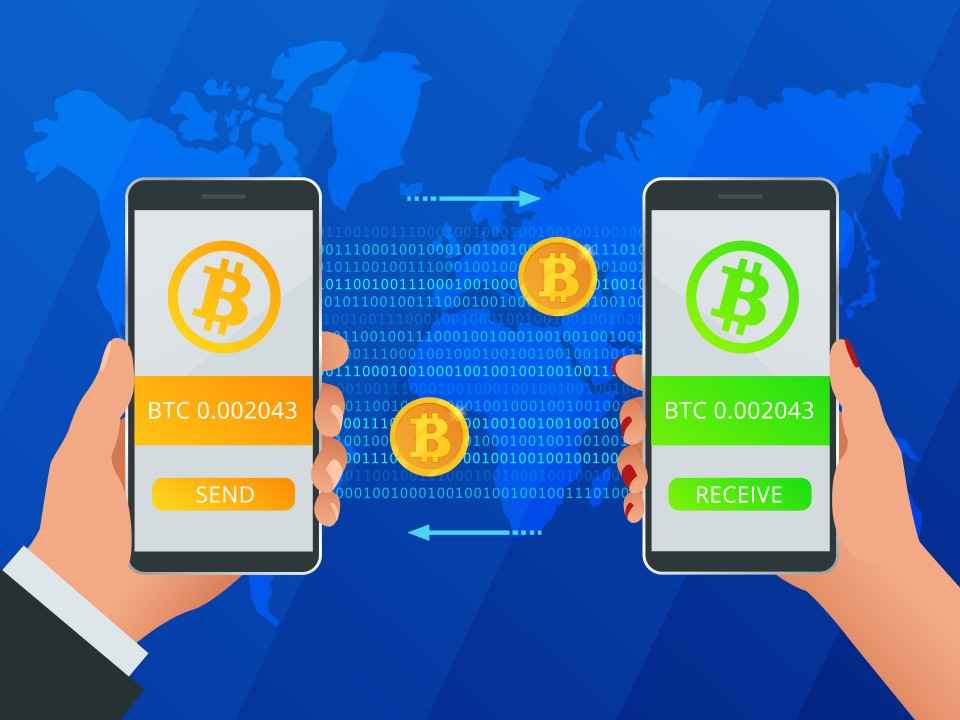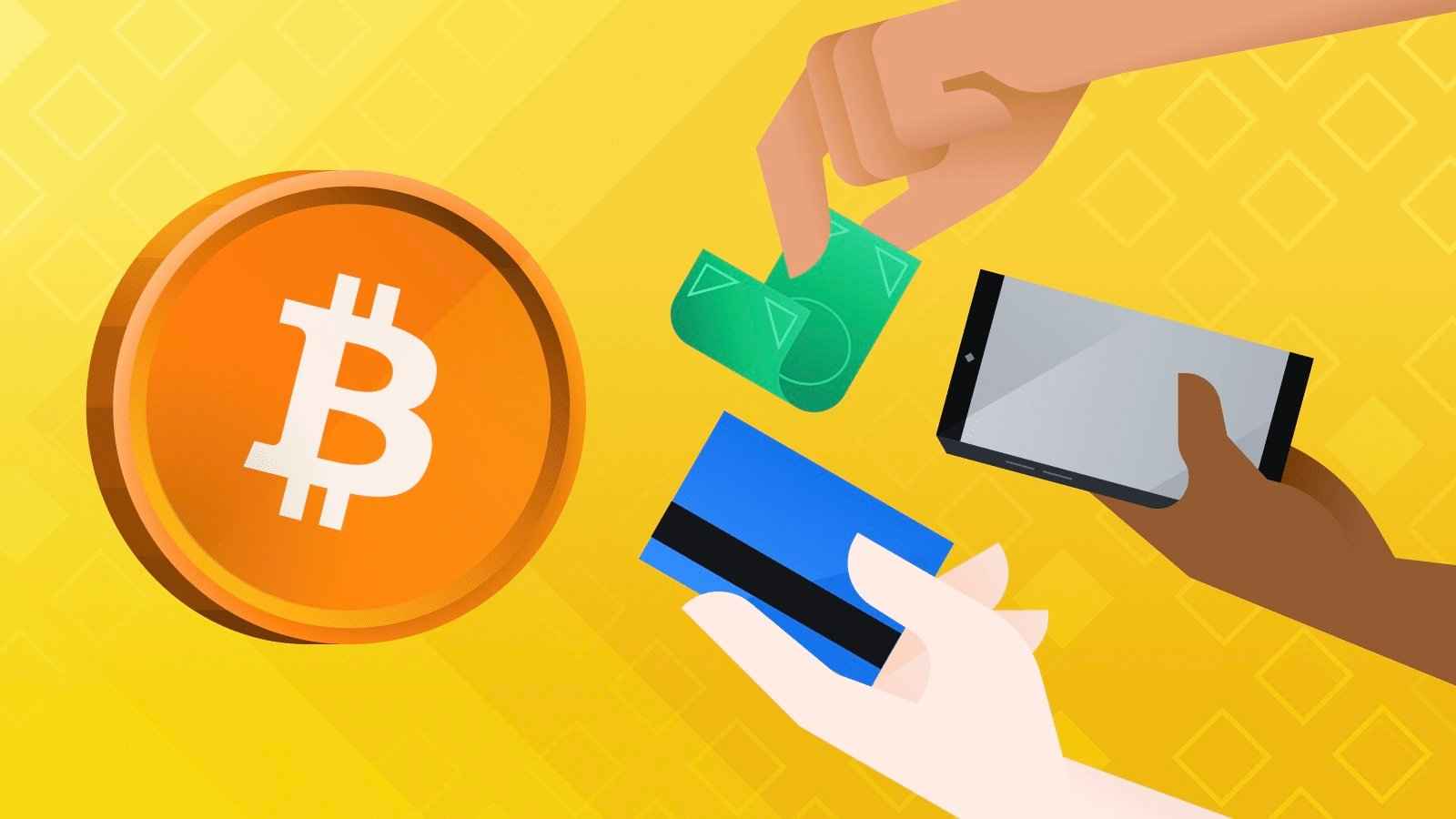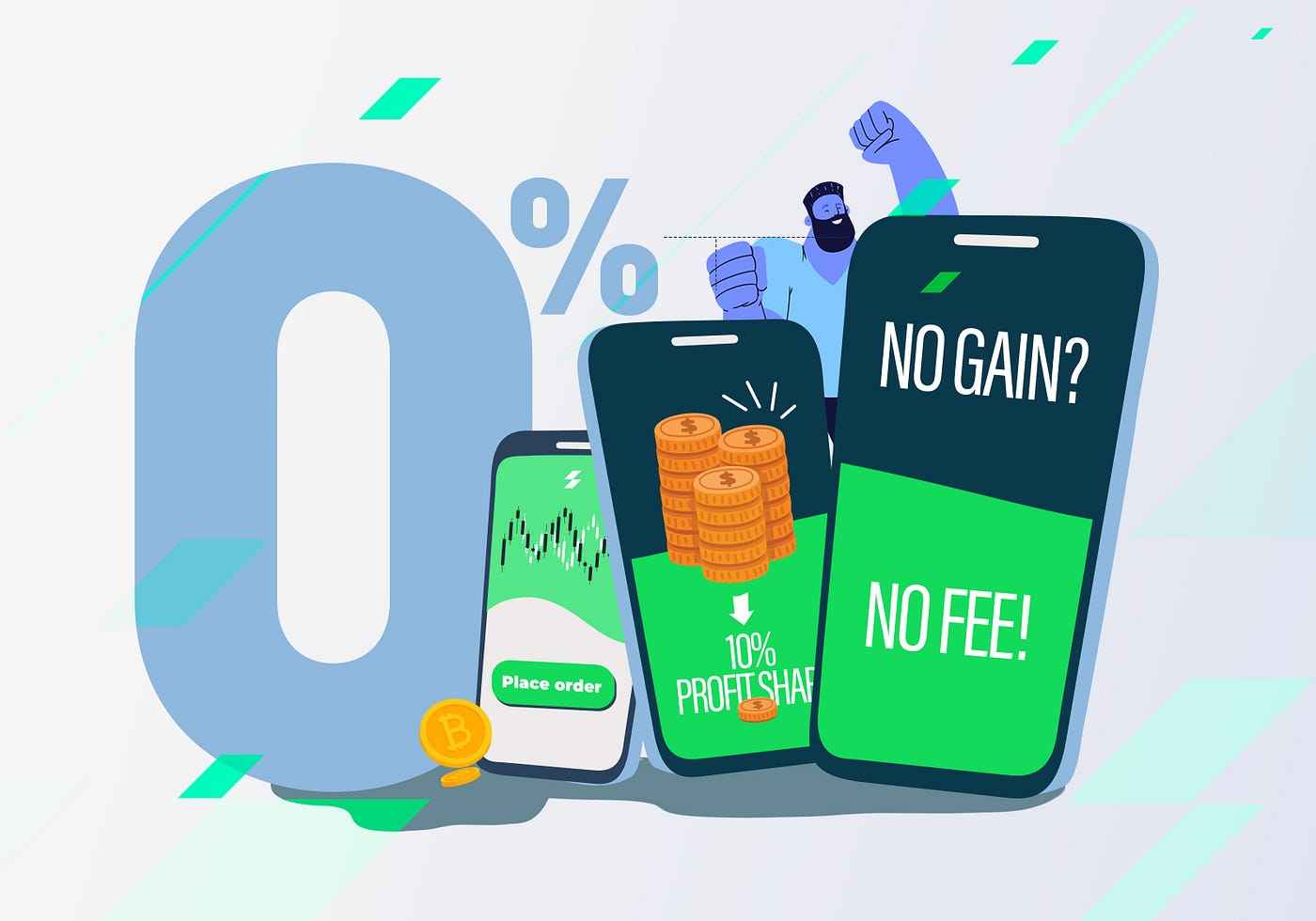Diving headfirst into the world of cryptocurrency can spark both excitement and anxiety. But let’s focus on a crucial step that guarantees you trade with peace of mind – Verification processes on crypto exchanges. This vital security measure acts as your shield against fraud and keeps your investments from slipping into the wrong hands. Stick with me, and I’ll walk you through understanding the what, why, and how of it all. From the necessary KYC and AML maze to the step-by-step of securing your identity, we’re unlocking your path to safe and sound crypto trading. Let’s get you verified and trading with confidence!
Understanding KYC and AML in the Crypto Ecosystem
The Importance of KYC Compliance on Digital Currency Platforms
We all know crypto is hot. But did you know staying safe while trading matters just as much as finding that next big coin? That’s where KYC, or Know Your Customer, steps in. It’s like knowing your guests before a big party. Platforms ask for your info to keep things smooth and safe. They want to know you’re real, and not a bad actor crashing the market party.
KYC matters on digital money stages because it stops crime. Bad folks stay away when they must show who they are. It’s just like lock doors at your house; it keeps you and your property safe. When you sign up to trade crypto, get ready to share some personal details. We’re talking about your name, a photo, and maybe where you live.
AML Regulations and Their Impact on Crypto Traders
Now, what’s AML? AML means Anti-Money Laundering, and it’s a big deal in the crypto trade world. This set of rules keeps dirty money from mucking up the system. Money from crime is a no-no, and AML aims to catch it before it slips through.
For crypto traders, AML rules can mean some extra steps to get started. You might need to show more than just an ID. Sometimes, they’ll ask where your funds come from. Just like when a bank asks for a paycheck stub when you want a new account. We don’t want any stolen dough in the mix.
Trading in crypto is exciting, right? But staying on the right side of the law is crucial. It’s all part of the game. Think of it like sports – there are rules to play by. For safe trading, you follow KYC and AML. This keeps the crypto world honest, and it helps your money stay yours.
So, next time you sign up for a crypto platform, and they ask for your info, remember it’s a good thing. It might seem like a bit much, but it’s all for safety. And safety is priceless, especially in a world where digital coins can fly fast and far. Let’s keep trading secure, so we all stay winning.
The Verification Process: Step-by-Step Guide
Identity Verification Steps for Secure Trading
When you sign up for a crypto exchange, you must prove who you are. This keeps everyone safe. It stops bad folks from doing harm. The first thing you do is give your name and an image of your ID. A good exchange asks for this to follow rules like KYC and AML.
They make sure your ID is real and the info matches up. Next, you snap a selfie to show it’s you, not someone else using your name. You might also share where you live. They check this with a bill or a letter showing your home address. It’s like when a friend sends a letter to your house.
Document Verification and Enhanced Due Diligence Protocols
Now, let’s dig deeper. Some traders might move lots of money. Exchanges need to check them more. This is called enhanced due diligence. They may ask for more ID proofs or ask questions about your money. It’s like when a bank needs to know more about you if you want to open a business account.
For big trades or big money, they double-check everything. They might ask where your money comes from. It’s like when you buy a car. The seller wants to know if you can really pay. They also check if you are a PEP. PEP means you have a big job that makes you well-known. It’s like being a mayor or judge. They check because these people could be targets for bad acts like bribery.
Even with all these checks, you still want your secrets safe, right? A good exchange should keep your info locked up tight. They use special code to hide your details. That’s good for you. It’s like locking your bike at school. You trust it’s safe while you learn.
Now, there’s more tech stuff too. They might use your fingerprint or face to keep your account yours alone. That’s biometric stuff. Think of it like your bike lock, but it only opens with your finger or your face, not a key.
And what if you need to take out your money? They might ask for one more check. That’s two-factor authentication. It’s like having a secret handshake and a password to get into your secret club.
So, there you have it. Exchanges check you out to make a safe place for trading. They ask for ID, a selfie, and other proofs. For big money, they check deeper. Your secrets stay safe, and you get your own special locks with biometrics. And when taking out cash, there’s an extra ‘trust step’ with two-factor. It’s smart and safe, and that’s good for everyone!
Navigating User Privacy and Security Measures
Balancing Security with Privacy Concerns in User Verification
When you sign up on a crypto exchange, they ask for personal details. You may wonder why. They follow rules called Know Your Customer guidelines. This means they must know who uses their service. This stops bad acts like money washing. Money washing is when bad money looks clean.
But here’s a twist. They must keep your details safe too. This is tough. They must check you but also protect your privacy. To do this, they use smart tech. They check things like your government ID. This proves you are who you say you are.
There’s a key point: more details give better security. But they must not take more than they need. That’s the rule. They also must tell you why they need these details. And they must show how they protect this info. That way, you can trust them more.
Biometric Authentication and Two-Factor Authentication for Enhanced Security
Okay, let’s talk locks and keys. For your account, a password is a key. But what if someone else gets your key? To stop this, exchanges use two keys now. This is called two-factor authentication. First, it’s something you know like a password. Second, something you have like your phone. Both keys are needed to get in.
Now, think about your face. Yes, your face! Or your fingerprint. These are unique. No one else has the same. This is biometric authentication. It uses your face or fingerprint to check it’s really you. It’s tough to fake this. It’s like a super lock for your account.
So think about this. With biometric checks and two keys, your account is safer. And you know what? You also feel safer. This means you can trade with less worry. But remember, always keep your keys safe. Don’t share your password. And look after your phone. It’s a key too!
Regulatory Compliance and Its Role in Risk Management
Meeting International Standards for Crypto Exchanges
When you trade on crypto exchanges, staying safe is key. These platforms must follow rules to protect you. They use KYC and AML checks to prevent bad actors from using their services. KYC stands for Know Your Customer. It means the exchange knows who you are. AML means Anti-Money Laundering. It stops the bad guys from hiding or moving stolen money.
For KYC, you provide personal info and documents to the exchange. They need to see a government-issued ID. This could be your driver’s license or passport. They also ask where you live. You show a bill or letter to prove this. These steps are there to protect you and your money.
Monitoring Suspicious Transactions and Combating Fraud on Platforms
Exchanges keep an eye out for strange activity to stop fraud. They look at big money moves or odd trading patterns that don’t seem right. Think of it like a guard dog that barks when a stranger is at the door. If there’s a match on a danger list, the exchange can freeze the account and look into it. This could include people who are not allowed to trade because of their job or past bad actions.
Security is also a big deal for crypto exchanges. They may ask you to use a special code sent to your phone to make sure it’s really you. This is called two-factor authentication. It makes it hard for anyone else to get into your account.
Remember, these rules and checks are here for a big reason. They keep your trading safe. Sure, waiting for approval or going through ID checks might feel like a pain. But think of it as a strong lock on your front door. It’s much better to be safe than sorry!
In our chat, we learned how key rules like KYC and AML shape the crypto world. We saw why it’s vital for digital money sites to check who’s trading. We also looked at how these rules affect those trading crypto.
I walked you through how to confirm your identity for safe trades. We covered both basic steps and the deep checks needed for big trades. We then tackled how to keep your private info safe while making sure your trades are secure. We saw how things like face scans and secret codes help protect your money.
Lastly, we talked about how crypto sites must follow tough rules to spot and stop bad actions. These sites watch out for sketchy trades to keep everyone’s money safe.
I think getting the balance right between following rules and keeping trades safe is key. These steps make sure everyone can trust the crypto market. It’s a lot to take in, but it’s all about making the digital coin trade more secure and trusted. Let’s keep pushing for a safe space where we can trade without worry!
Q&A :
What are the common verification processes on crypto exchanges?
When you sign up for a cryptocurrency exchange, typical verification processes include providing personal information such as your full name, date of birth, and address. You may also need to submit identification documents, like a passport or driver’s license, and sometimes even a utility bill or bank statement to prove your address. Furthermore, exchanges often ask for a selfie with your ID to ensure the person registering is the owner of the documents. This process is part of the Know Your Customer (KYC) compliance.
How does verification enhance security on cryptocurrency exchanges?
By implementing stringent verification processes, crypto exchanges increase the security of their platforms significantly. These checks help prevent fraudulent activities such as money laundering and identity theft. Enhanced security through user verification also means that accounts are less likely to be compromised, as multiple levels of user identification create barriers against unauthorized access.
What level of verification is required for higher transaction volumes?
For users looking to carry out higher transaction volumes, crypto exchanges usually require additional levels of verification. This typically involves the submission of further documentation or information and possibly even in-person verification procedures. The aim is to comply with Anti-Money Laundering (AML) regulations and to ensure a secure trading environment for all users.
Can you trade on crypto exchanges without completing verification processes?
Some crypto exchanges offer limited functionality to users who have not completed the verification process. Typically, unverified users might only be able to withdraw or trade small amounts of cryptocurrency. However, for full access to all exchange features, including higher withdrawal limits and the ability to deposit or withdraw fiat currency, completing the verification process is generally mandatory.
How long does the verification process take on most crypto exchanges?
The length of time it takes to complete the verification process can vary widely between different crypto exchanges. It might be instant or take several days, depending on the exchange’s workload and the level of verification required. Some platforms offer expedited verification for a fee. Always check the exchange’s user support or FAQ sections for the most accurate information regarding verification timelines.



